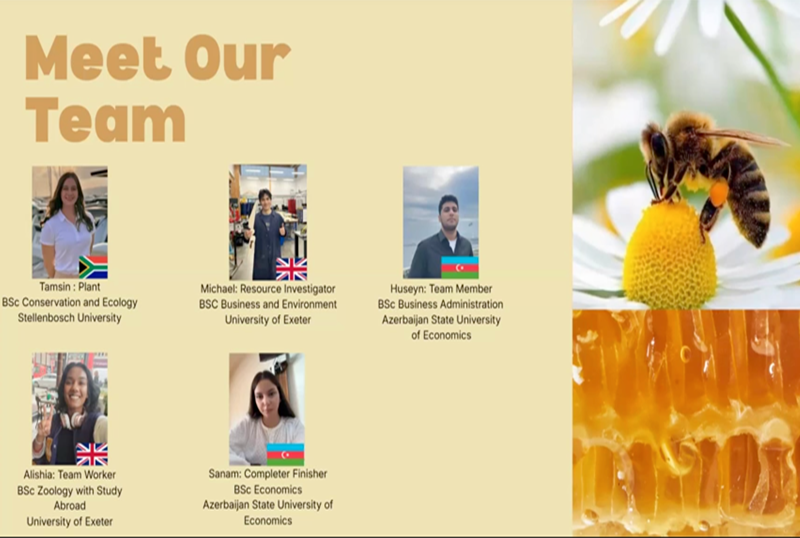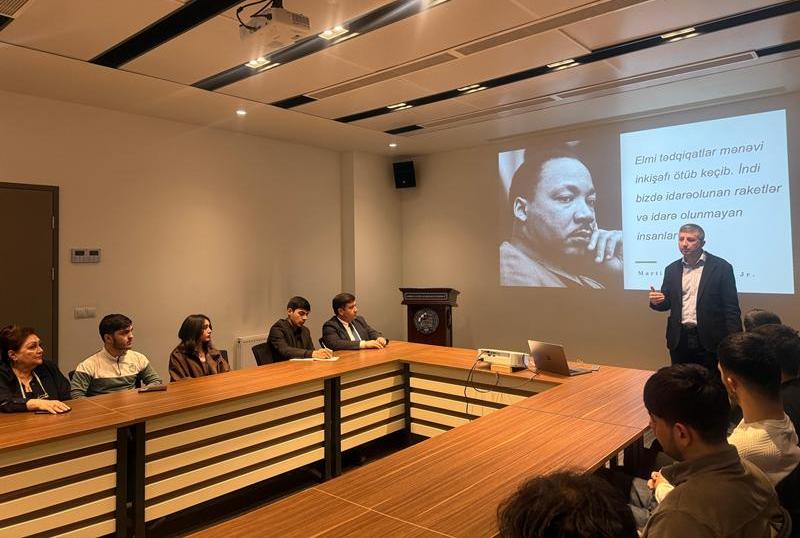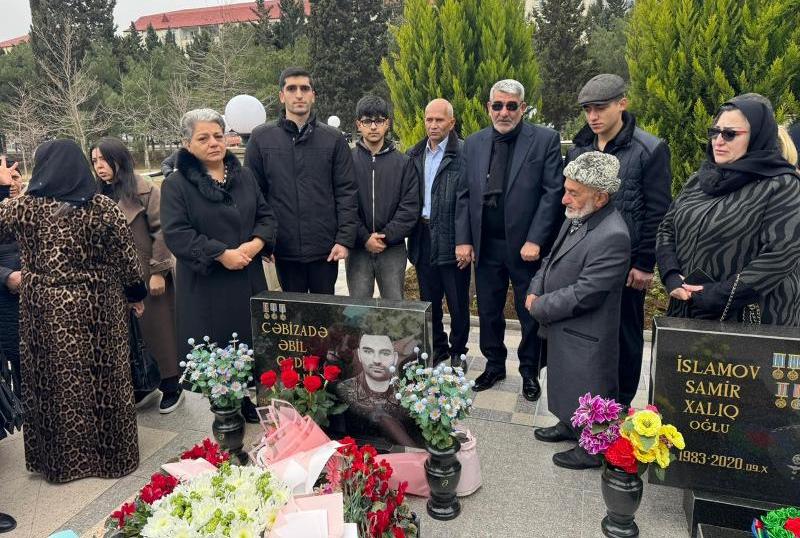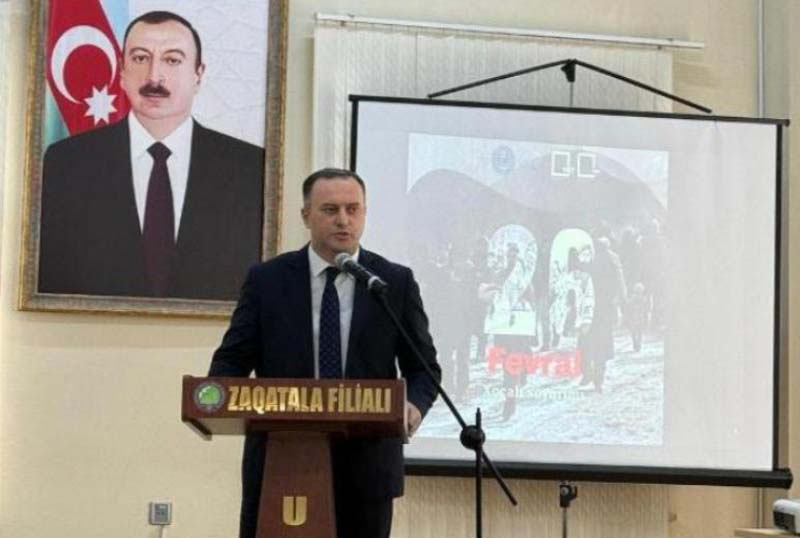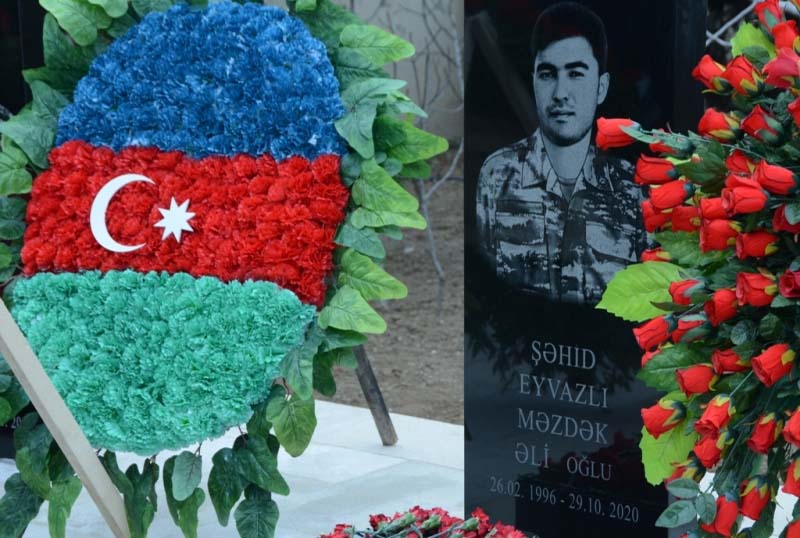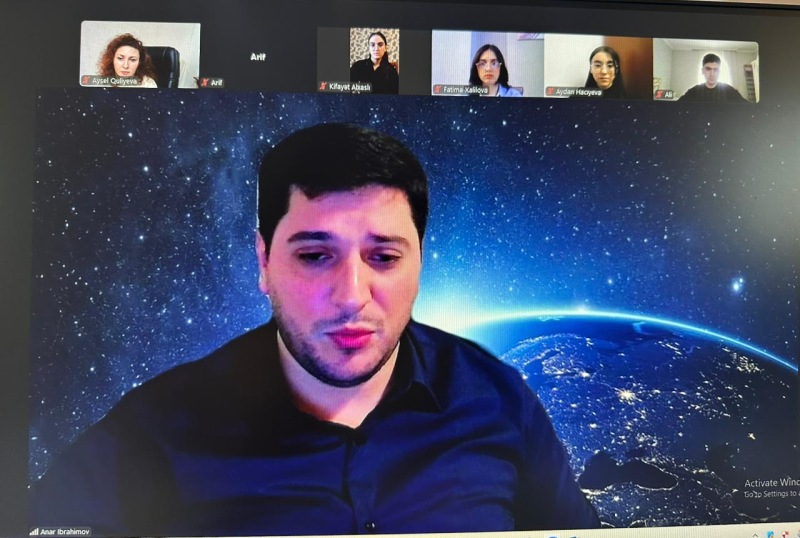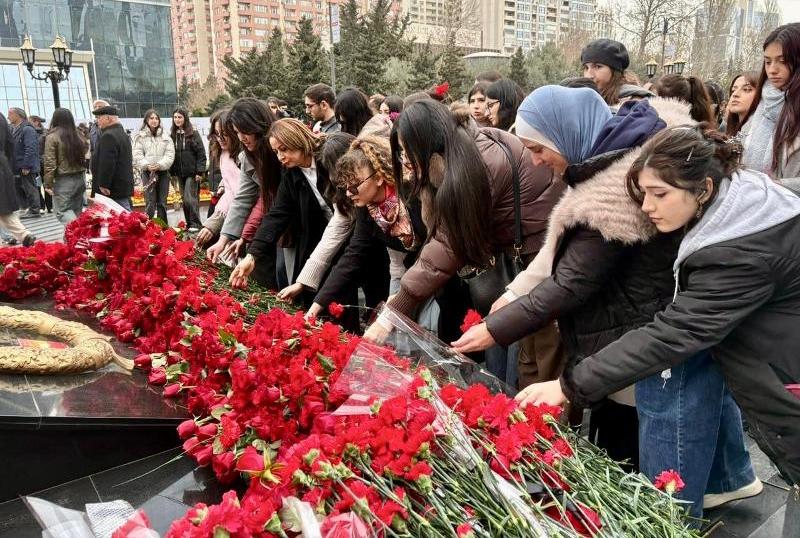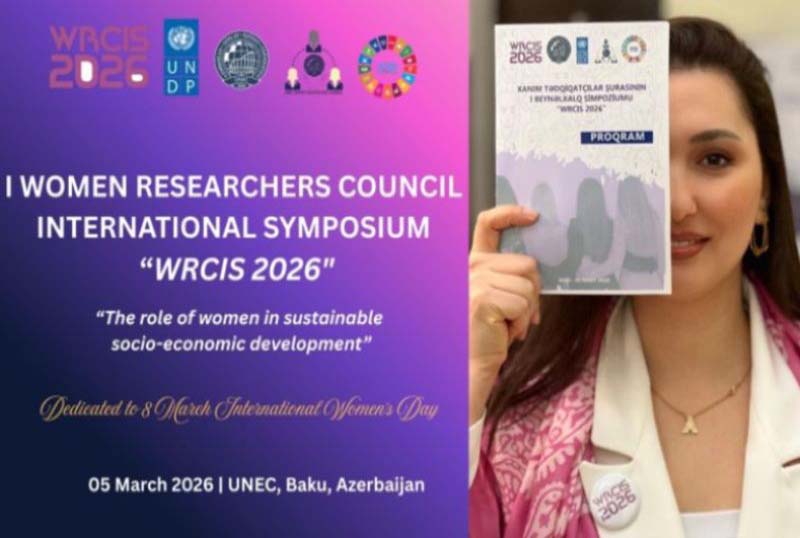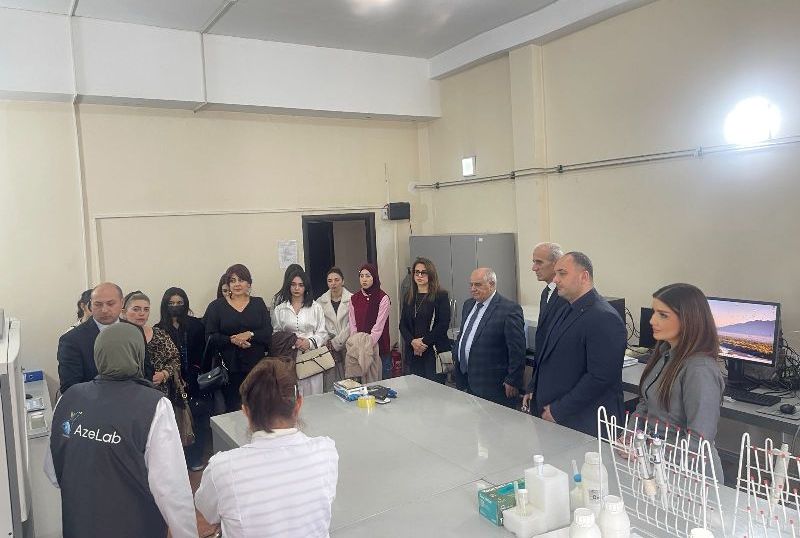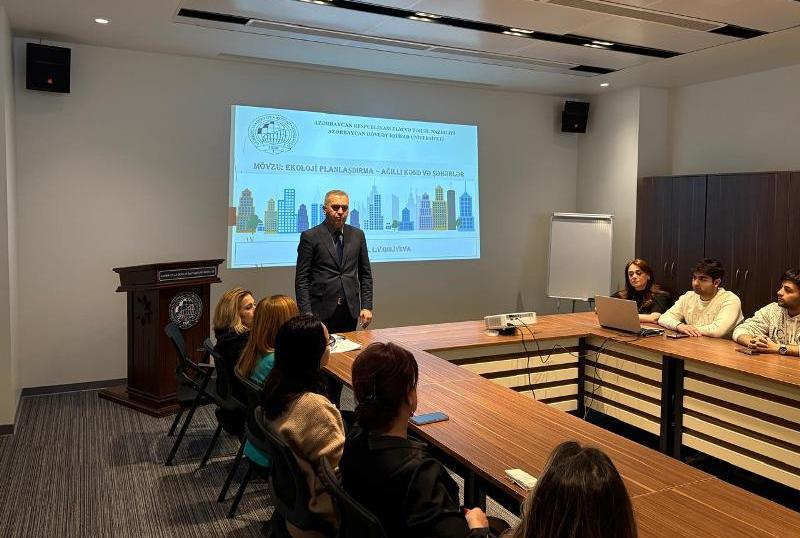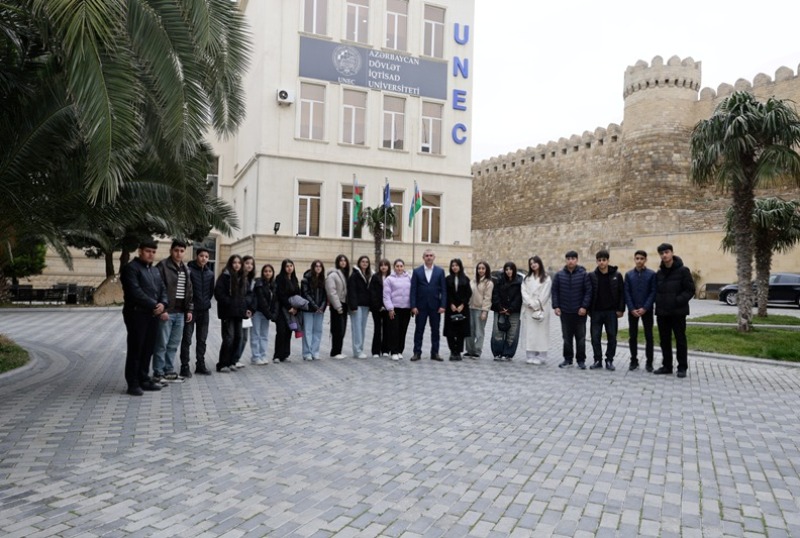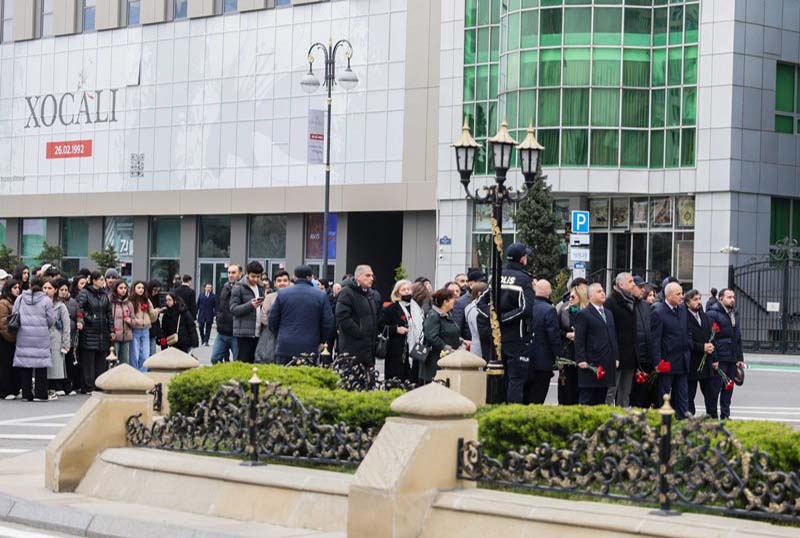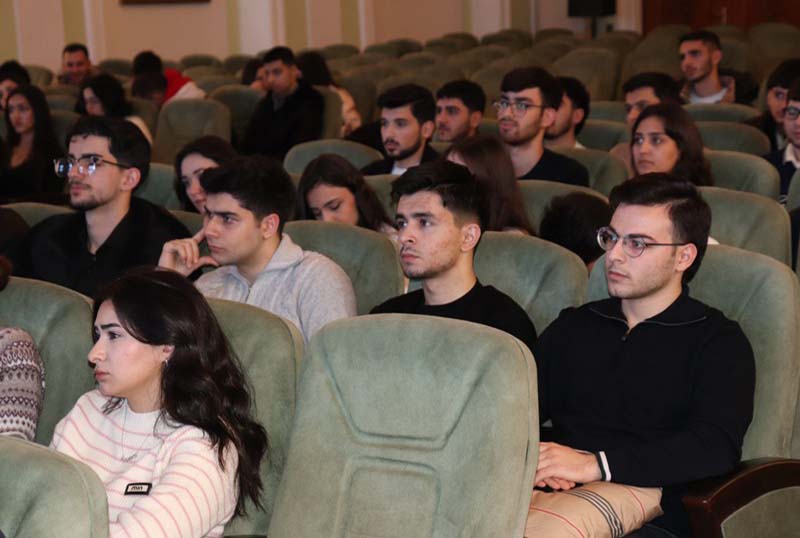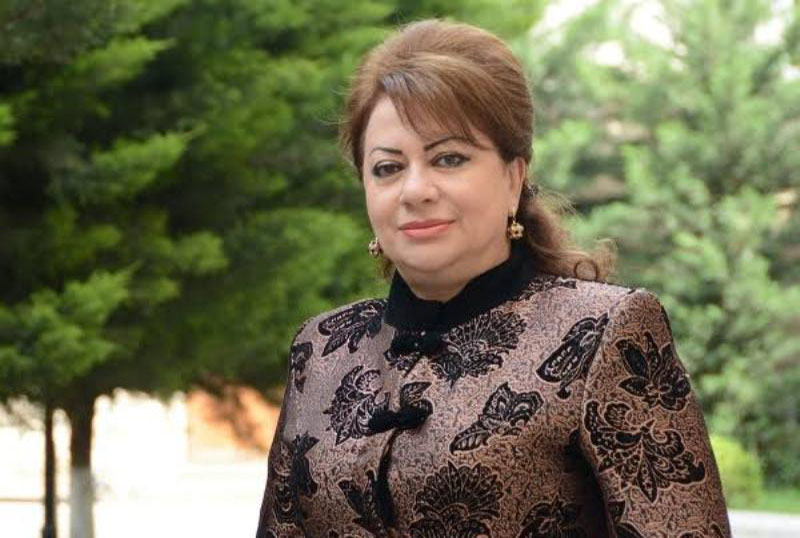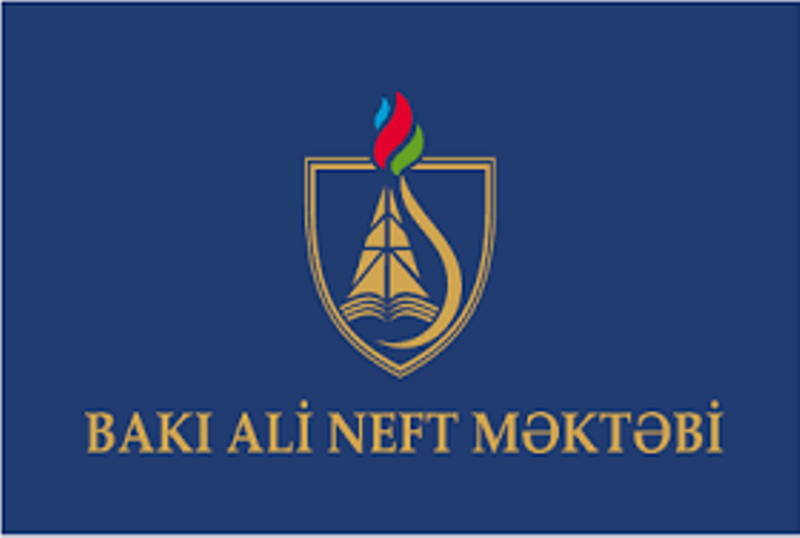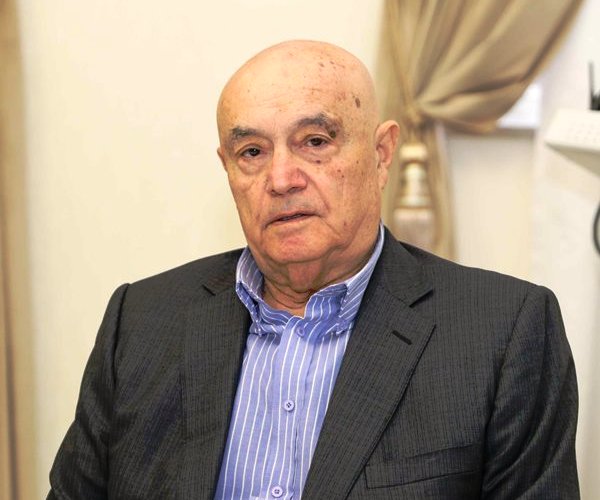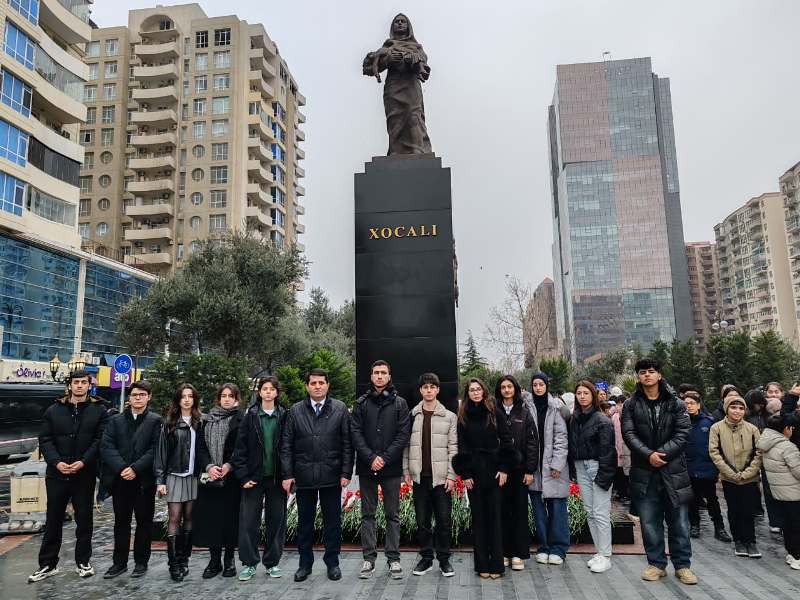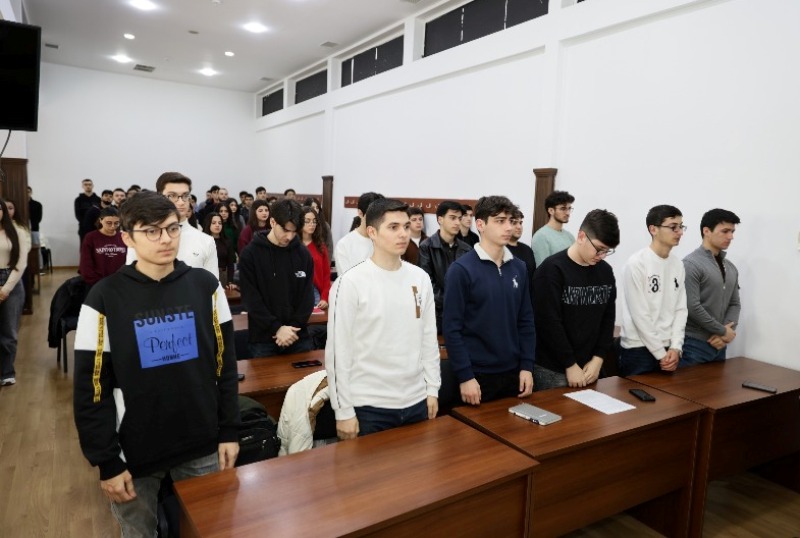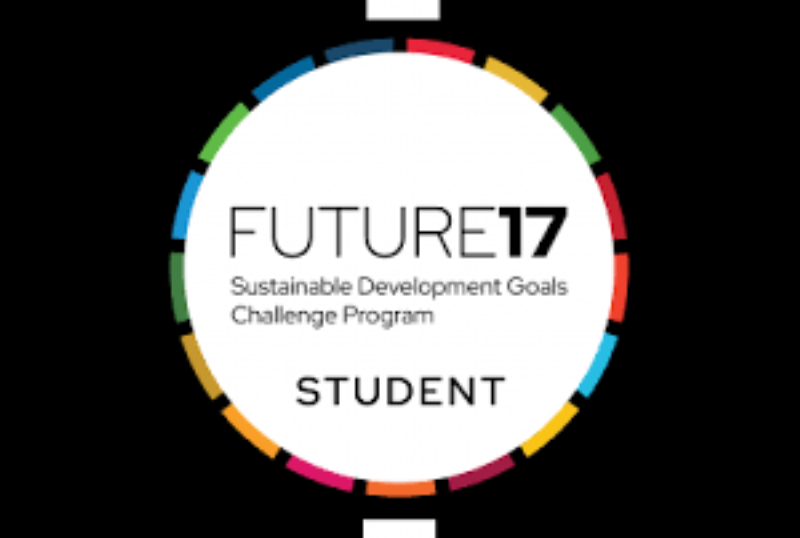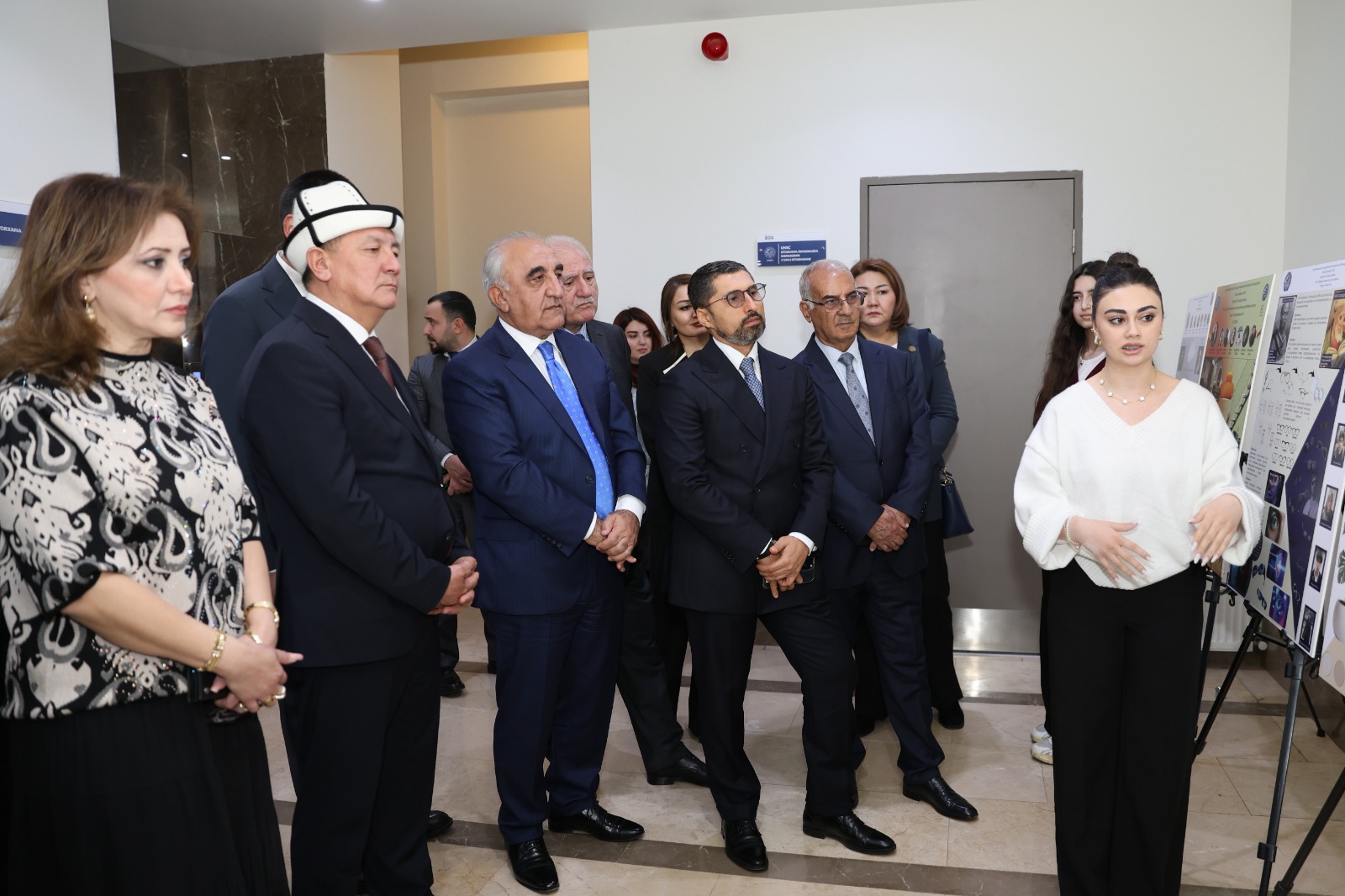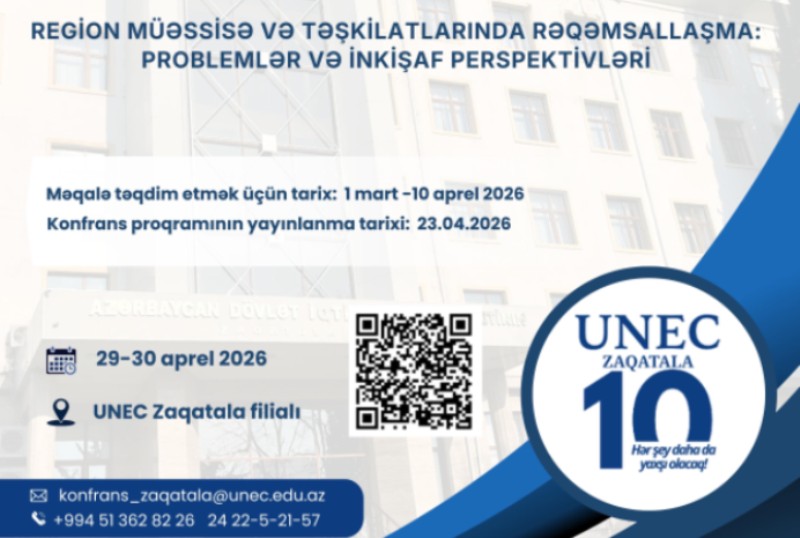Karabakh is a region, located on the territory of Azerbaijan that has always been known for its beautiful natural landscapes, history and complex geopolitical situation. The area has been a point of tension between Azerbaijan and Armenia for about a hundred years. This even led to two Karabakh wars in the first of which Armenia occupied 20% of the territories of Azerbaijan, but as a result of the second Karabakh war, Azerbaijan completely restored its territorial integrity.
However, within the various challenges faced, there exists an opportunity: the potential for Karabakh to spearhead sustainable development in the region by implementing strategies related to a green economy. The concept behind a green economy is to promote economic growth that upholds well-being and environmental health simultaneously. This approach also emphasizes the harmonious combination of social inclusivity and ecological balance. Adopting green economy projects guarantees long-term resilience and provides a foundation for reconstruction in conflict-affected areas such as Karabakh.
A key component of any approach to a green economy in Karabakh is the implementation of renewable energy projects This is due to the region's high annual sunshine hours and strong prevailing winds, which exist for most of the year, and have substantial potential for both wind and solar power Thus, investing in windmills and solar farms will enable companies to diminish their dependency on fossil fuels and concurrently reduce carbon emissions that contribute to global warming, in addition to increasing energy independence. Hydroelectric stations can also be built along rivers that flow through the area Moreover, streams can support attempts to bring energy to rural regions by serving as a source of power for those areas Another chance of producing sustainable energy in Karabakh is by using geothermal energy which has not been highly exploited. Concerning this, heat pumps powered by geothermal can offer heating and cooling solutions more friendly to the environment than any other way known so far.
Besides renewable sources of energy, we must support farming practices that are sustainable if we are serious about promoting a green economy in Karabakh Crop rotation and composting are two examples of organic farming techniques that not only improve soil fertility but also lessen the use of chemical pesticides and fertilizers, which over time may be harmful to human health or contaminate surrounding waterways, negatively impacting the diversity of aquatic life.
Agroforestry systems involve growing trees alongside crops on same piece of land; they have many advantages including carbon sequestration among others such as biodiversity conservation within their surroundings since different species provide habitats for various organisms thus attracting both local migratory wildlife alike into one area creating ecological balance between them all where none could exist apart from each other otherwise. Conservation practices like drip irrigation or rainwater harvesting should also be employed because they greatly contribute towards solving water shortage problem especially during dry spells experienced frequently within agricultural sector even though some people might argue that rains come once every year so there’s no need for such methods but truth is that those periods when it doesn’t rain at all these two techniques become life savers literally speaking because without them food production would go down by more than half causing severe famine across country leading to deaths Community-based agriculture initiatives further empower local communities to take ownership of their food systems and promote sustainable livelihoods.
Karabakh's rich cultural and natural heritage presents opportunities for eco-tourism expansion projects. To attract tourists while also safeguarding the variety of species in the region, it is imperative to protect the natural legacy and guarantee the sustainability of tourism. These initiatives enable people from the host communities to participate in various tourism activities thereby helping them economically as well as keeping their culture alive through preservation. Karabakh shouldpromote sustainable practices which include among others waste management systems and energy-saving techniques; this will greatly reduce negative impacts on the environment caused by different forms of tourism within its regions. Programs for capacity building and training in relevant skills are important because they equip people with knowledge on how best they can run tourist businesses locally thereby ensuring that such ventures become sustainable over a long period.
Going green is one of the most promising ways towards resilience and sustainability within Karabakh itself; therefore, it would be wise to invest more money into inclusion projects so that everyone benefits equally from them without any form of discrimination being practised against certain groups or individuals who may not have easy access due mainly due their gender or social background. After resolving long-term conflict peace has come but what next? Let us embrace green ideas when rebuilding our nation because we must never forget about tomorrow.
Murad Suleymanzade,
Narmin Bahramova,
Narmin Asgarova

